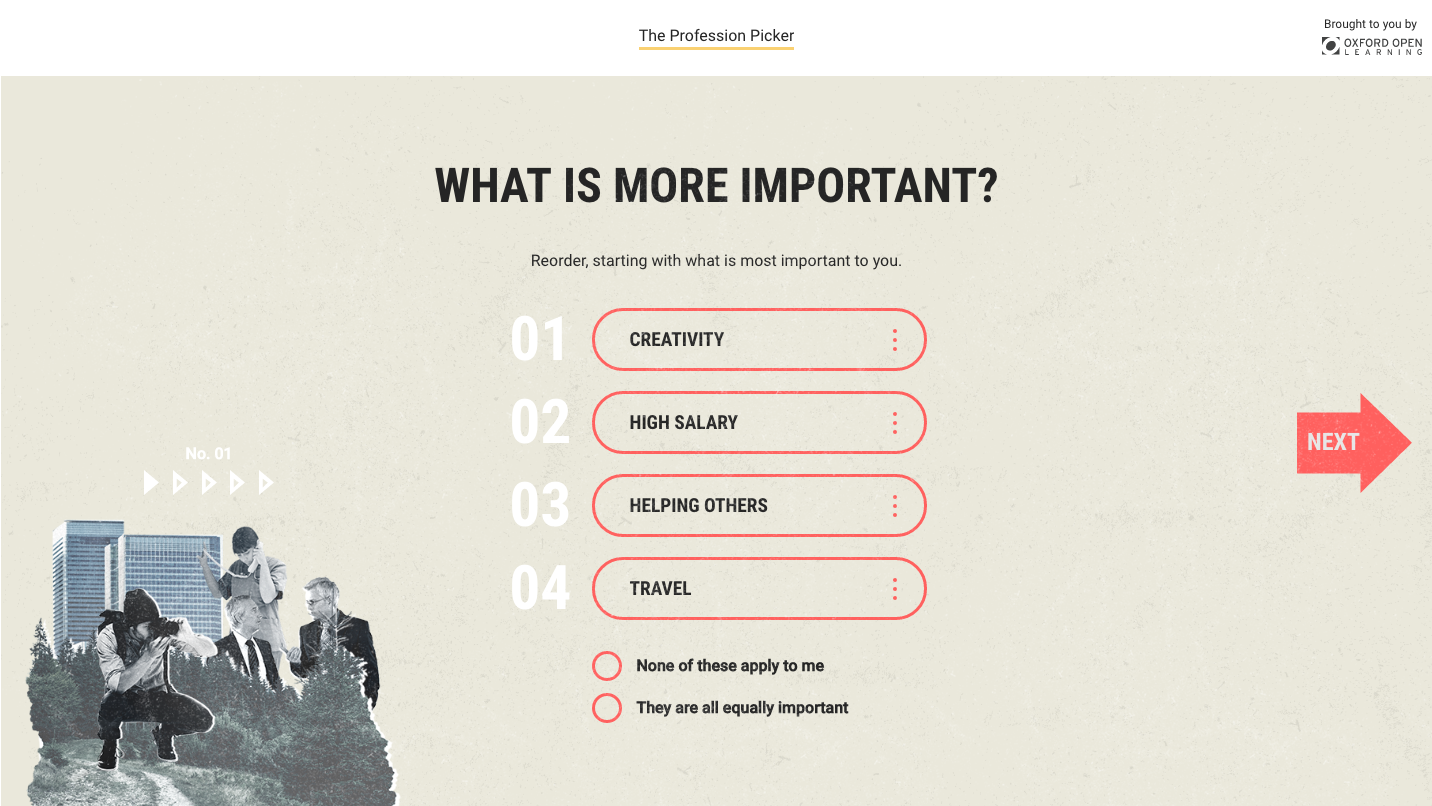A new study by Oxford Open Learning Trust looked into the career paths of 2,000 adults in the UK and found that nearly one in five women feel they chose their vocation too young.
Oxford Open Learning Trust alongside launching the career change advice tool, Profession Picker, looked into the careers advice Brits received at school and how they felt about the paths they chose to get where they are today.
Over a third of women aged 18 to 34 said that the education and training they’ve received so far has not prepared them for their current career.
Upon leaving secondary school, 18 per cent of this group said they left without any careers advice and 71 per cent of the females surveyed admitted that their current career is not what they thought they’d end up doing when they left school.
This could be the reason for so many millennials pursuing career changes in their mid-twenties.
A previous survey by Oxford Open Learning Trust found that 44 per cent of 25 to 34 year olds had already changed careers.
The poll also revealed that almost two in three female workers in Britain said that they would consider training or retraining for a new career.
Despite many young women having doubts about their career paths, efforts over the last decade to encourage female students to study STEM subjects seem to have paid off. In this year’s survey, just 3 per cent of women aged 18 to 24 claimed they felt pushed towards gender-stereotypical subjects at school.
A recent study conducted by Microsoft found that girls in the UK become interested in STEM subjects just before the age of 11 and that secondary school years were important in deciding if she will work in a STEM focused industry.
Dr Nick Smith, courses director and founder of Oxford Open Learning Trust, believes it all comes down to the choices and opportunities presented to girls in their formative years at school and home.
“Schools have come a long way in the last decade in recognising equality between male and female students when it comes to picking the most appropriate subjects for their career,” he says. “Although what is clear from the study is that many young women feel they are making decisions about their career path too young and this is resulting in many changing their minds during their mid-twenties.”
The Profession Picker tool, created by Smith’s team, aims to help those thinking of a career change through an interactive quiz.

“Each year, we serve learners that might need an extra qualification such as GCSE or A Level in order to get their desired job and start a new career,” Smith adds. “For those who feel that they have been trapped into a certain career path due to making important choices too young, it is never too late to train again.






